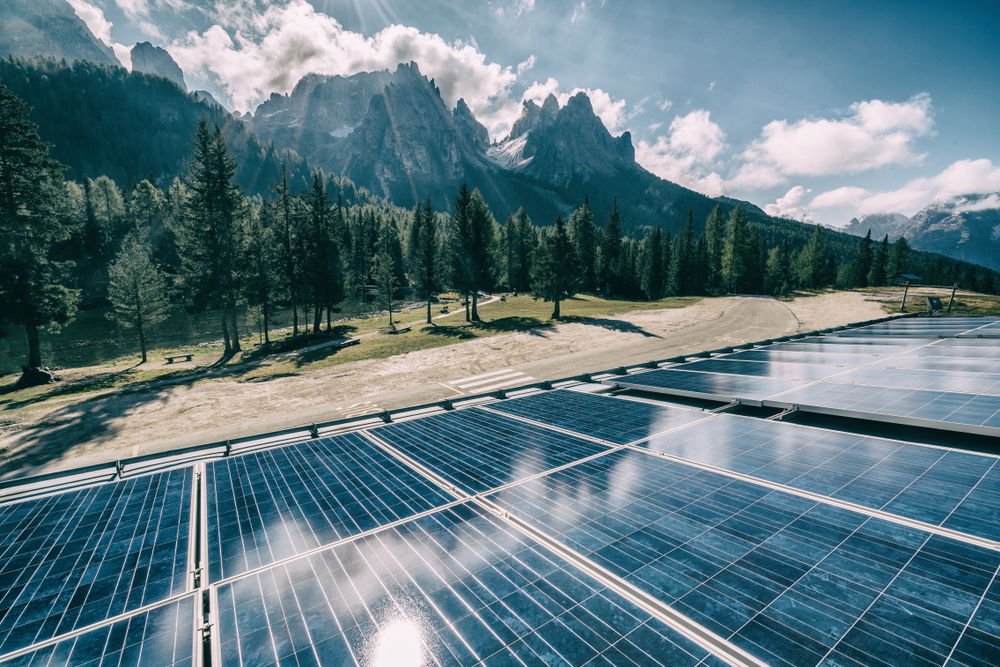Dive into the world of off-grid mountain living, exploring the benefits, challenges, and how to prepare for this lifestyle. For many, the allure of the mountains is undeniable. The crisp air, the quiet, the connection to nature. Combine this with a self-sufficient lifestyle away from the hustle and bustle of city life, and you have off-grid living in the mountains. This blog post delves into what makes off-grid mountain living so appealing, the sustainable practices that come with it, and how you can prepare for this adventurous lifestyle.
Why Choose Off-Grid Living in the Mountains?
- Connection to Nature: Living off-grid in the mountains offers an unparalleled closeness to nature. It's an opportunity to live in harmony with the environment, observing wildlife and the changing seasons up close.
- Self-Sufficiency: Off-grid living requires you to generate your own power, source your own water, and often grow your own food. This lifestyle fosters a sense of independence and self-reliance.
- Peace and Quiet: Away from the noise and distractions of urban environments, off-grid mountain living offers a tranquil setting that many find conducive to mental and physical well-being.
- Lower Environmental Impact: By utilizing renewable energy sources and sustainable practices, off-grid living minimizes your carbon footprint, contributing to environmental conservation.
Sustainable Mountain Homes
Creating a sustainable home in the mountains is key to a successful off-grid lifestyle. Here are some features and technologies that can make your mountain home both eco-friendly and comfortable:
- Solar Panels: With ample sunlight, solar panels can generate enough energy to power your home and even store excess energy for cloudy days.
- Water Harvesting Systems: Collecting and purifying rainwater can provide a sustainable water source, reducing your dependence on external supplies.
- Energy-Efficient Appliances: Using appliances designed for low energy consumption helps reduce your overall energy needs.
- Insulation and Passive Solar Design: Proper insulation and design that takes advantage of natural light and heat can significantly reduce heating costs and energy use.

Preparing for Off-Grid Life
Transitioning to an off-grid lifestyle in the mountains requires careful planning and preparation. Here are some steps to get you started:
- Research and Planning: Understand the specifics of the area where you plan to live. Consider climate, wildlife, and any local regulations related to off-grid living.
- Skills Development: Learn essential skills such as gardening, basic carpentry, and solar system maintenance to become more self-reliant.
- Community Connections: Engage with local off-grid communities for support and advice. Sharing experiences and resources can be invaluable.
- Emergency Preparedness: Ensure you have plans and supplies in place for dealing with emergencies, including extreme weather events and medical situations.
Embracing off-grid living in the mountains is not without its challenges, but the rewards of a sustainable, peaceful, and self-sufficient lifestyle are immense. With the right preparation and mindset, you can create a fulfilling life that aligns with your values and aspirations.
Are you ready to embark on your off-grid mountain living adventure? Contact us today to explore how we can help you find your perfect mountain retreat.


